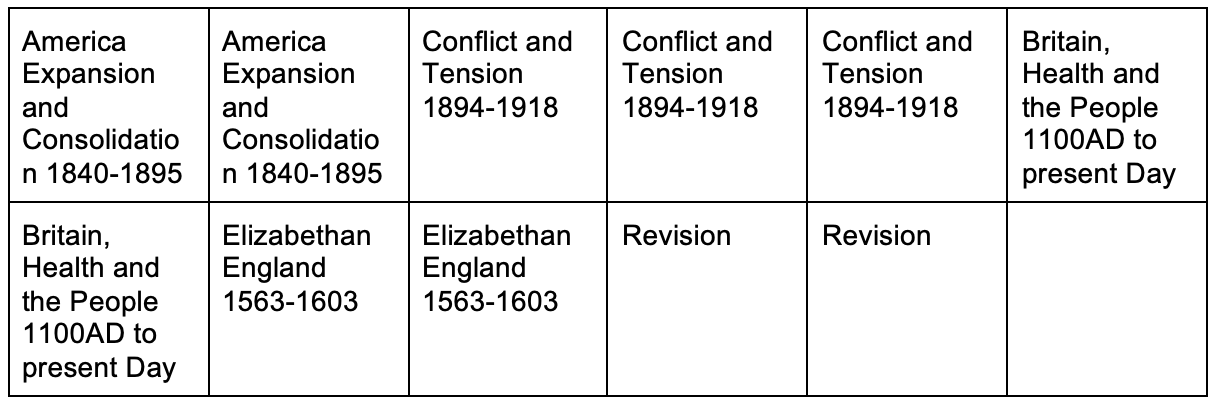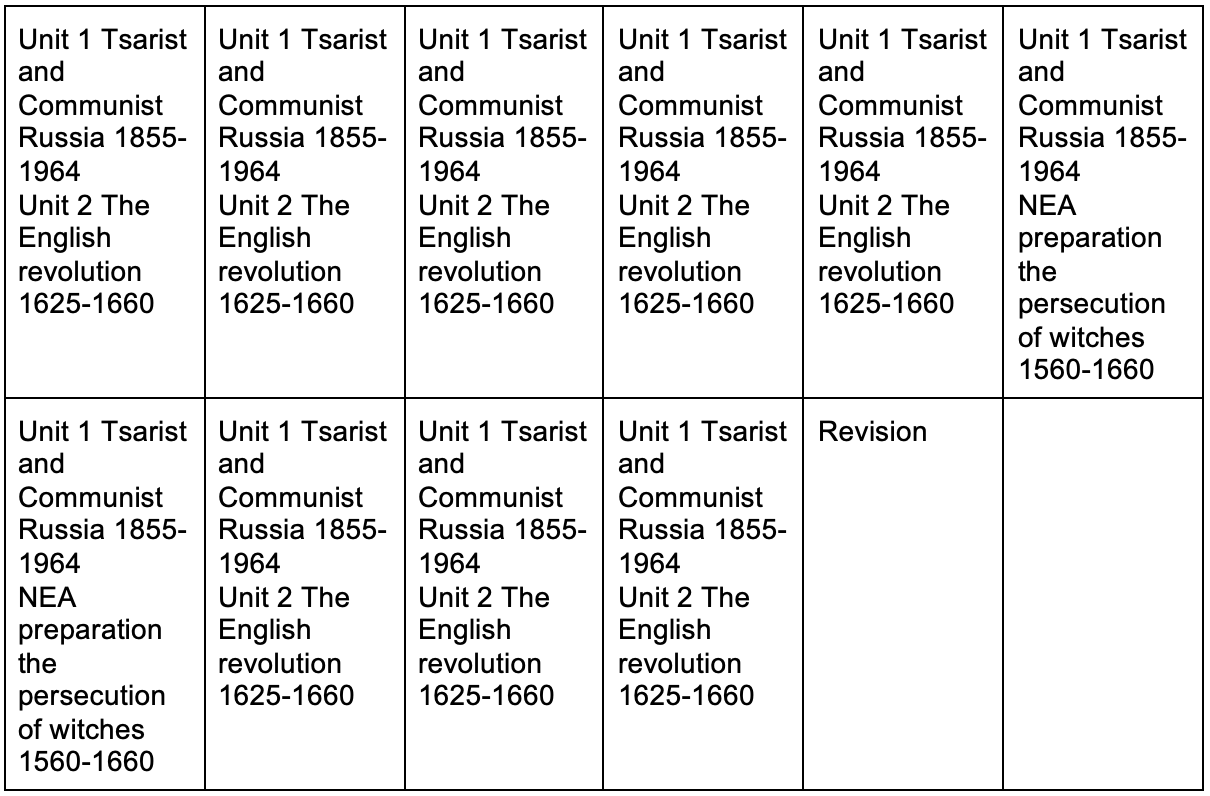History is a story with the most interesting characters, plot lines, the greatest thinkers, most charitable and selfless individuals, and the most risible, violent individuals. It’s a tapestry of humanity’s history, richly detailed, skilfully woven, and worthy of our attention whether it inspires or terrifies us.
Our History curriculum gives us the opportunity to learn how societies functioned, how people interacted with each other, how governments were run, and investigate the cultures of countries which we have never been to. Through our understanding of people, places and events in History we can grasp a better understanding of how our world functions today. At Abbot Beyne we follow curriculum which promotes a History of all; for all.
- Students will be able to develop the skills needed to be successful in History such as; using chronology, developing skills to be able to analyse information and find the truth behind what has been portrayed. History develops the skills of critically reading and analysing pieces of information which benefits all other subjects.
- Students will demonstrate knowledge and understanding of different periods of History ranging from the ancient Romans to life in the 20th Century.
- Students will have the ability to construct well-argued, well informed, balanced and structured written arguments, demonstrating their depth and breadth of understanding of the subject.
- Students will investigate events on a local, national and international scale and will deepen their understanding of how different events are connected.
- Students will gain historical perspective by placing their knowledge into cultural, social, economic, political and religious history; and between short and long term timescales.
- Students will investigate the development of Church, state and society and be able to answer where power really lay.



